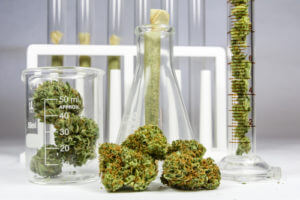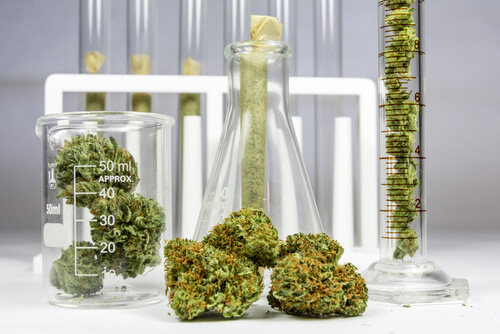
Despite common belief, not all cholesterol is unhealthy; our bodies manufacture 75 percent of the cholesterol we consume. A high level of cholesterol, on the other hand, is harmful to one’s health and can result in a variety of problems, including death. High cholesterol is frequently associated with obesity; however, research has shown that you might be genetically susceptible to a quick rise in cholesterol levels. As a result, cholesterol levels are not affected by a person’s weight.
CBD has been increasingly popular in recent years, owing to its pain-relieving properties. Other findings on the health advantages of CBD have recently been revealed. In this article, we will look at the consequences of high cholesterol, as well as the reasons and effects of CBD on high cholesterol.
CBD For Lowering Cholesterol Levels
In most situations, high cholesterol may be reduced by changing one’s lifestyle, despite the various reasons for high cholesterol. CBD is a hemp-derived substance. It is permitted in all 50 states in the United States and 40 other countries since it is gentler and less psychotropic. CBD-related studies are still in their infancy. There is no research to back up CBD’s usefulness in decreasing cholesterol levels; nonetheless, studies have proven CBD to be advantageous in managing cardiovascular disorders.
CBD also boosted HDL cholesterol by 55 percent and lowered LDL cholesterol by 25 percent in obese mouse models, according to an animal study. Another trial employing CBD to lower blood pressure in people was conducted. The patient’s blood pressure was increased by raising their stress level, however, CBD reduced blood pressure before the stress tests and after the tests.
Statin is one of several high cholesterol medications available. However, there are some serious adverse effects associated with statin usage, including headaches, fatigue, nausea, and gastrointestinal problems. That is why some health professionals prescribe CBD.
CBD for cholesterol control is still in its infancy and has yet to be authorized by the FDA for the treatment of excessive cholesterol; for the time being, it is classified as an alternate therapy. CBD should be viewed as a beneficial supplementary rather than a sole treatment because of its moderate negative effects.
Final Thoughts
It is well known that there is good and bad cholesterol and that they aren’t always weight-related, so it is critical to stay on the correct side of the lipoproteins. Since the human body is so complex, we can’t overlook CBD’s numerous advantages. As a result, if you’re thinking about using CBD for cholesterol, chat to your doctor first, especially if you’re on other medications.

